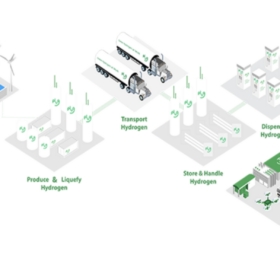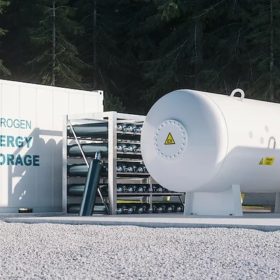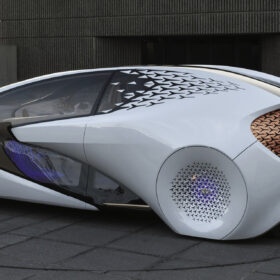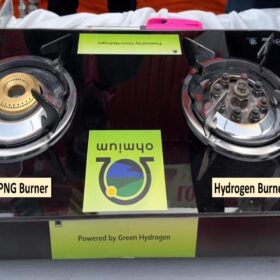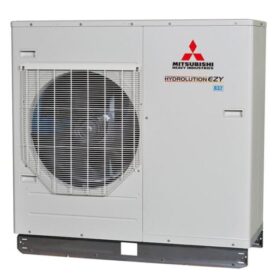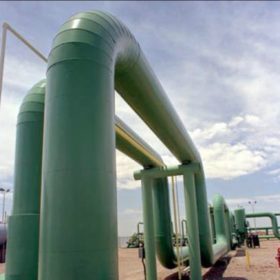The Hydrogen Stream: Plug Power commissions 1 MW PEM electrolyzer
A number of hydrogen projects are moving forward in the United States, India, Germany and Denmark. In other developments, the German state of Saxony is teaming up with other partners, including the Czech Republic, to set up a hydrogen network in Eastern Europe.
GIFT City advances on platform for hydrogen trading
The Gujarat International Finance Tec-City (GIFT City) has partnered with the Indian Gas Exchange (IGX) and Gujarat State Petroleum Corp. (GSPC) to establish a global hydrogen trading mechanism.
Vertical integration at scale key to reducing green hydrogen cost
Gautam Adani, chairman of Adani Group, says vertical integration at scale promises the greatest acceleration towards reducing the cost of green hydrogen from the current $3-5 per kilogram (kg) to the $1/kg mark.
New solid state battery charges in minutes, lasts for thousands of cycles
Researchers from the Harvard John A. Paulson School of Engineering and Applied Sciences (SEAS) have developed a new lithium metal battery that can be charged and discharged at least 6,000 times — more than any other pouch battery cell — and can be recharged in a matter of minutes.
NTPC demonstrates zero-emission ‘hydrogen cooking’
NTPC Energy Technology Research Alliance (NETRA) has demonstrated successful hydrogen cooking with a modified cookstove using hydrogen supply from the green hydrogen plant at its campus in Greater Noida.
Greenzo Energy unveils modular alkaline electrolyzer
Greenzo Energy has unveiled its indigenously designed modular alkaline electrolyzer that can be scaled to address green hydrogen demand from industrial processes to powering entire communities.
Mitsubishi debuts residential air-to-water heat pumps
Mitsubishi’s monobloc Hydrolution EZY can reportedly produce domestic hot water up to 60 C when outdoor temperatures reach -25 C. It is available in two versions, with outputs of 10 kW and 14 kW.
NTPC signs green hydrogen MoUs with GSPC and GPPL
NTPC Green Energy Ltd (NGEL) has signed a memorandum of understanding for the blending of green hydrogen in the gas networks of Gujarat State Petroleum Corp. Ltd and green hydrogen mobility by setting up of green hydrogen fuelling stations in Gujarat. It has also signed an MoU with Gujarat Pipavav Port Ltd to develop a green hydrogen ecosystem, including production of green ammonia, for export and domestic market.
Reliance’ green energy giga complex will be ready for commissioning this year, Adani announces further investment in Gujarat
Reliance Industries and Adani Group, which have made big investments in creating an integrated renewable energy ecosystem in Gujarat, announced their further plans for the state at the 10th Vibrant Gujarat Global Summit.
The Hydrogen Stream: Hyundai, IIT Madras partner to set up Hydrogen Innovation Valley in the Indian State of Tamil Nadu
Indian Institute of Technology Madras (IIT Madras) announced it has received a grant of INR 100 crore (over $12 million) from Hyundai towards the establishment of a dedicated ‘Hydrogen Innovation Valley’ in the Indian state of Tamil Nadu.
